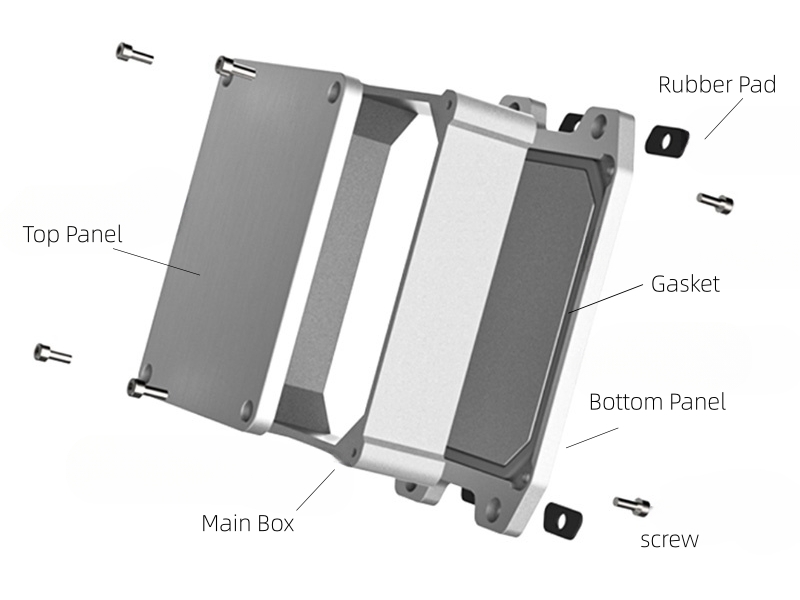What Is an IP68 Enclosure and Why Is It Important?
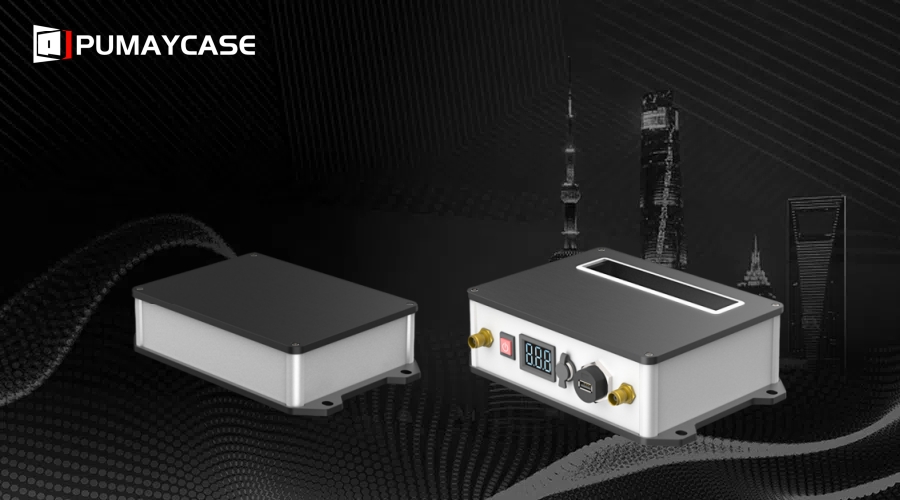
Electronics are vulnerable to dust and water. An IP68 enclosure provides superior protection for harsh environments.
An IP68 enclosure1 is a protective housing designed to be completely dust-tight and capable of withstanding continuous submersion in water beyond 1 meter.
Understanding IP ratings2 helps you choose the best enclosure for your needs. Let’s explore its benefits and applications.
What Does IP68 Mean?
Not all waterproof enclosures are the same. IP ratings define their level of protection.
IP68 means the enclosure is completely dustproof (IP6X) and can be submerged in water deeper than 1 meter (IPX8) without damage.
Knowing these standards ensures you select the right enclosure for your environment.
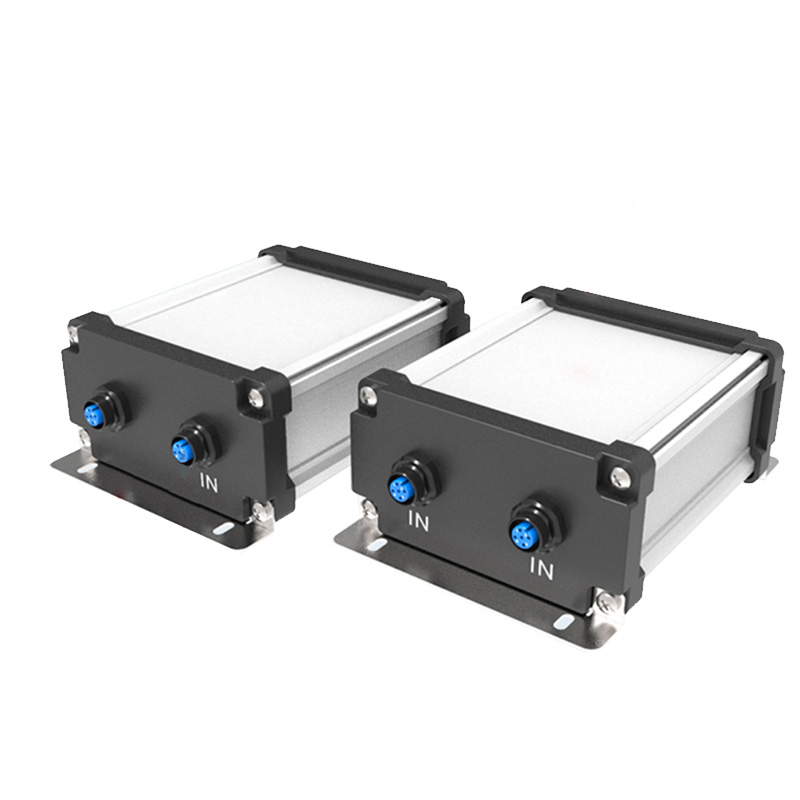
Understanding IP Ratings
| Code | Meaning |
|---|---|
| IP6X | Fully protected against dust and debris |
| IPX8 | Can withstand continuous immersion in water deeper than 1m |
An IP68 enclosure is ideal for outdoor, marine, and industrial applications requiring extreme protection.
Where Are IP68 Enclosures Used?
Regular enclosures fail in extreme environments. IP68 enclosures provide long-lasting protection.
IP68 enclosures are used in industrial, marine, military, and outdoor applications where dust and water exposure are unavoidable.
Selecting the right enclosure ensures the longevity and reliability of electronic components.
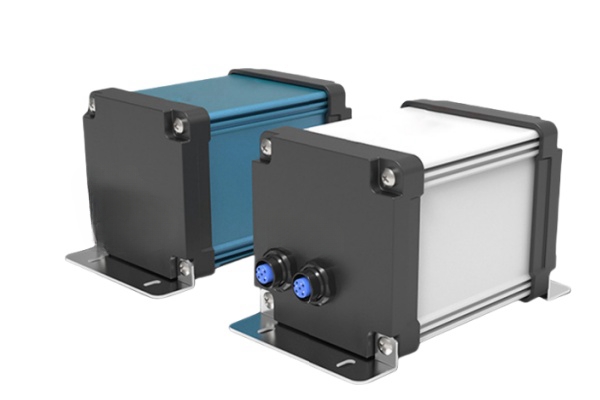
Common Applications of IP68 Enclosures
| Industry | Application Example |
|---|---|
| Industrial | Outdoor control panels |
| Marine | Underwater sensors |
| Telecommunications | Outdoor networking equipment |
| Military | Ruggedized electronic enclosures |
An IP68 enclosure ensures devices function reliably, even in extreme conditions.
What Materials Are Used for IP68 Enclosures?
The right material affects durability and cost. Choosing wisely ensures long-term performance.
IP68 enclosures are made from materials like aluminum, stainless steel, polycarbonate, and ABS plastic, each offering different levels of strength and corrosion resistance3.
Understanding material properties4 helps in selecting the best option for your application.
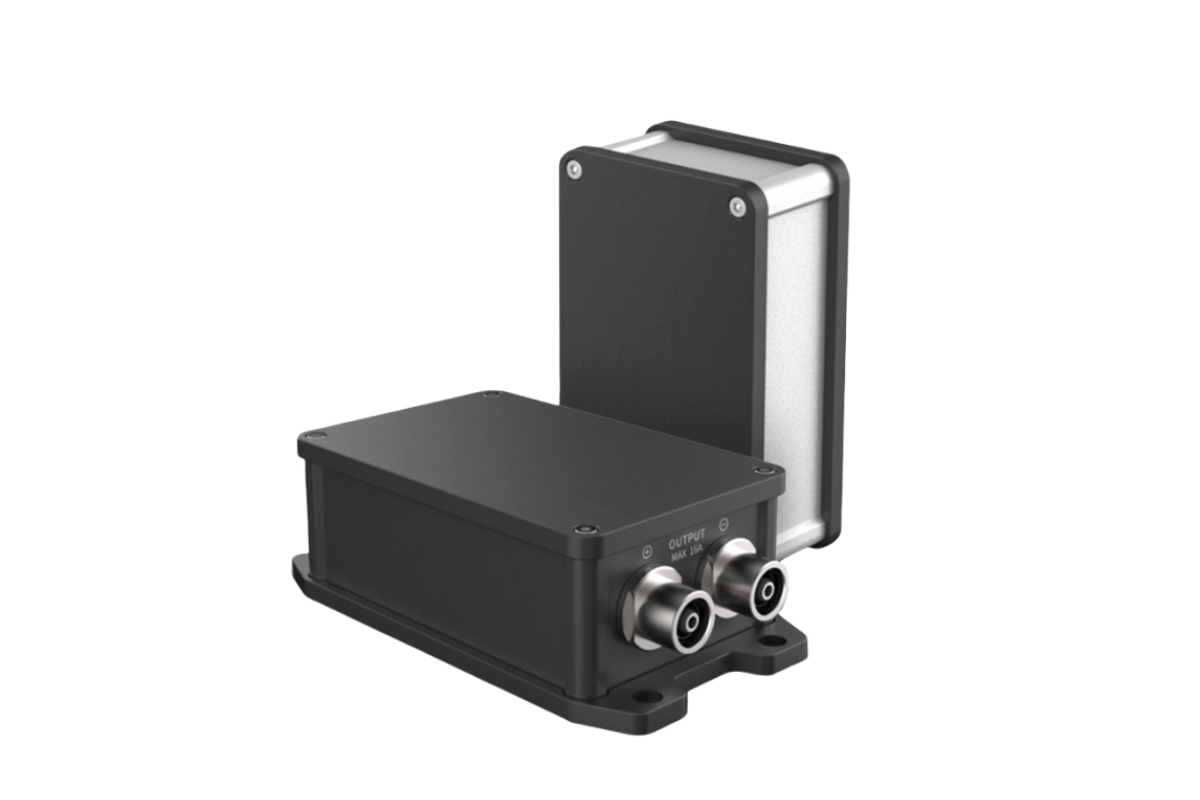
Material Comparison for IP68 Enclosures
| Material | Strength | Corrosion Resistance | Weight |
|---|---|---|---|
| Aluminum | High | Moderate | Light |
| Stainless Steel | Very High | Excellent | Heavy |
| Polycarbonate | Medium | High | Light |
| ABS Plastic | Low | Low | Very Light |
Aluminum and stainless steel enclosures offer superior strength, while polycarbonate provides a balance between weight and durability.
How to Choose the Right IP68 Enclosure?
A poor enclosure choice can lead to equipment failure. The right one ensures safety and durability.
Consider factors like size, material, mounting options, and environmental exposure to select the best IP68 enclosure.
A well-selected enclosure extends the lifespan of your equipment.
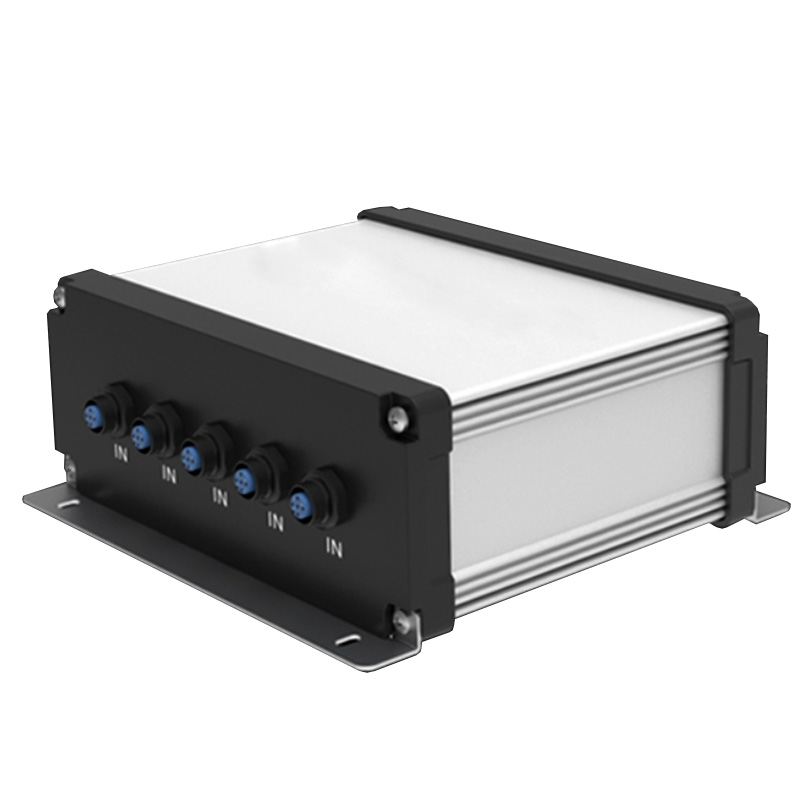
Key Selection Factors
- Size & Fit: Ensure components fit inside without excess space.
- Material Strength: Choose based on impact and corrosion resistance needs.
- Sealing & Gaskets: Ensure proper sealing to maintain IP68 rating.
- Mounting Options: Select wall, pole, or panel mounting for ease of installation.
Taking these factors into account prevents future issues and ensures reliable performance.
Conclusion
An IP68 enclosure provides ultimate dust and water protection, ensuring reliable operation in extreme environments.
-
Explore this link to understand the advantages and applications of IP68 enclosures in protecting electronics. ↩
-
Learn about IP ratings to make informed decisions when selecting protective enclosures for your devices ↩
-
Learn about corrosion resistance to make informed choices about materials that will last longer in various environments. ↩
-
Discover essential material properties that influence durability and performance in your projects. ↩

